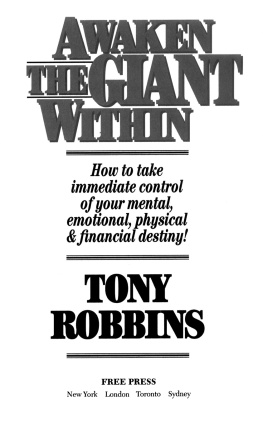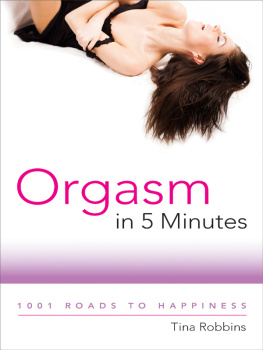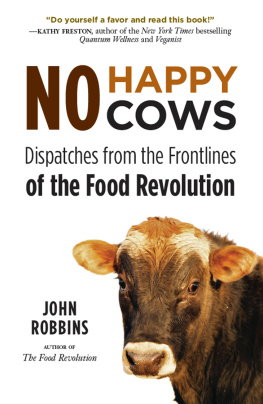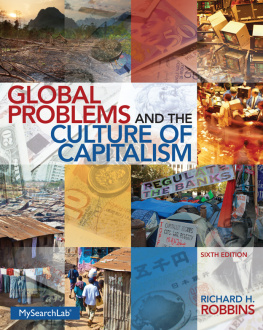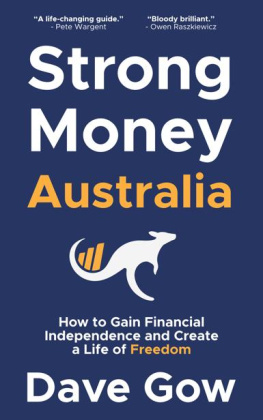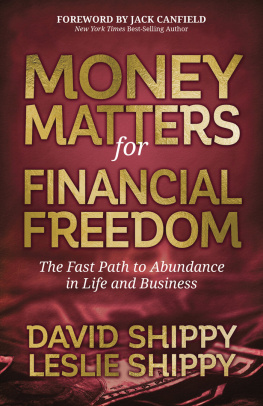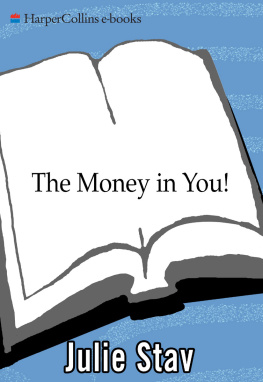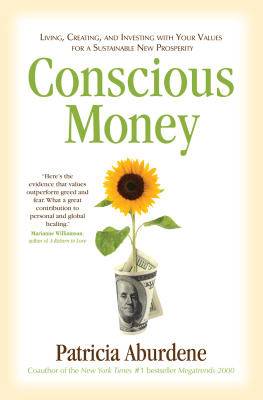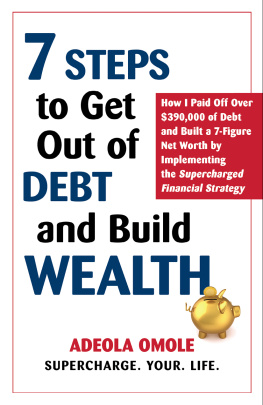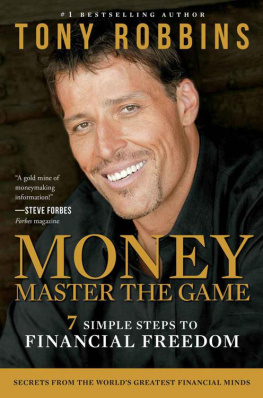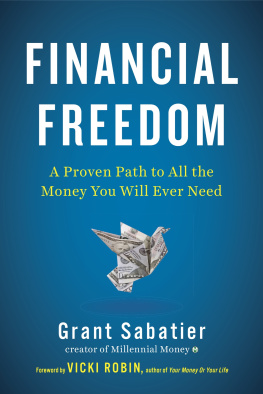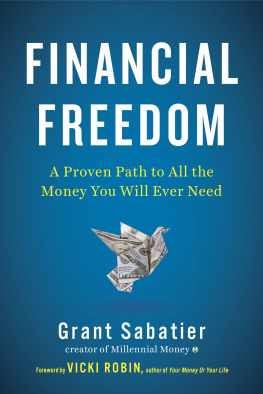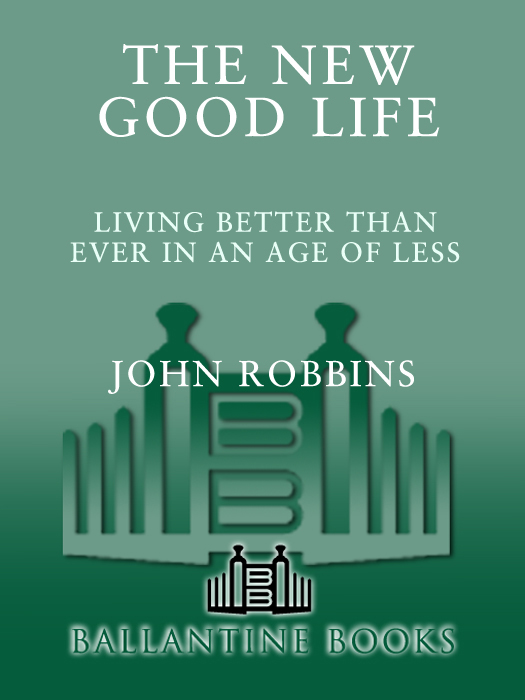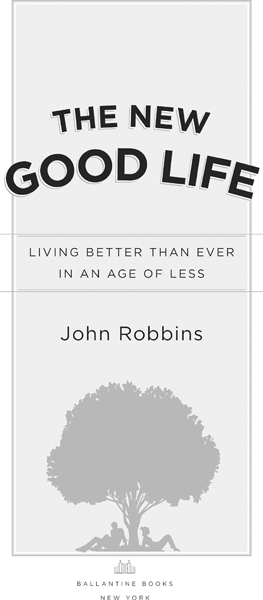Introduction
W e have now entered an entirely new phase in our nations and our worlds economic existence. We have come to the end of the financial world as we have known it.
The assumptions of the past are no longer reliable or credible. Not that long ago, General Motors represented 10 percent of the U.S. economy and was the worlds largest employer. But in 2008, the company lost nearly 90 percent of its value. The following year, the company that had long been considered the backbone of the U.S. economy went bankrupt.
Is it possible that an entire nation could go bankrupt? Its not only possible, its already happened. Iceland was a model of strong economic growth in the 1990s and beyond, and one of the worlds most highly functioning economies. In 2007, Iceland ranked number one among all the worlds nations in terms of the Human Development Index. But in 2008, Iceland literally went bankrupt. Unable to pay its external debts, the Icelandic currency, the krona, became essentially valueless in the rest of the world.
What will happen in the U.S. economy in the years to come is deeply uncertain. Although some economists and public officials have declared the worst behind us, most of them have a vested interest in a positive outlook. A sober look at the facts can be unsettling. The year 2010 began with nearly one in three U.S. homeowners owing more on their mortgages than their homes were worth, and that figure was expected to soon reach one in two. Today, foreclosures are filed in the United States every seven and a half seconds.
Facing daunting deficits, cities, counties, and states have been making staggering and unprecedented budget cuts. Fearing bankruptcy, governments at every level have seen no alternative but to dramatically decrease services across the board, including some considered essential for public safety. The cuts have been so severe, they havent been made with scalpels. Theyve been made with meat axes.
The level of affluence many Americans had come to take for granted is becoming out of reach for rapidly growing numbers of people. Today, more Americans are going bankrupt than are graduating from college. In many states, unemployment is needed food aid are applying for food stamps in record numbers. Millions of people are losing their health insurance along with their jobs.
Ominous comparisons have been made to the 1930s, but there are fundamental differences, some of which may actually make it harder for the economy to recover from the current crisis. Then, we had no national debt. Today, we have become the greatest debtor nation in human history. Then, saving was seen as a virtue. Now, the average American owes 25 percent of his or her annual income to credit card debt alone. Then, the environment was relatively pristine, natural resources were abundant, and the United States produced more oil than it used. Today, perils such as global warming and dependence on imported oil threaten to undermine economic progress. And in the 1930s, U.S. military spending amounted to 5 percent of the worlds total. Now, its 45 percent.
Meanwhile, for the past few years, something extraordinary has been happening at the North Pole. For an increasing number of weeks each summer, the Arctic ice pack has melted sufficiently that it has become briefly possible for a ship to travel from the Atlantic to the PacificAtmospheric carbon dioxide levels are now the highest in three million years. These trends foretell a future of melting glaciers, acidifying oceans, rising sea levels, disappearing species, and an unstable climateall of which will put additional stress on an already beleaguered world economy.
Can a world that has plunged into harsh and uncertain financial times find a way to switch from fossil to renewable fuels? Can a society that is standing on unstable fiscal footing manage to halt the deterioration of the environment? If not, will we come to liquidate the planets ecological assets? And what will be the economic consequences?
Just about everyone at every level of monetary existence is impacted. In 2007, Forbes named Adolf Merckle as one of the fifty richest billionaires in the world, with a fortune of nearly $13 billion and growing. He and his family owned many businesses, including Germanys largest pharmaceutical wholesaler (Phoenix Pharmahandel), one of the countrys major generic drug manufacturers (Ratiopharm), and large parts of a cement company (HeidelbergCement) and a vehicle manufacturer (Kssbohrer). You would think that a man of that immense wealth could withstand the current crisis. But in January 2009, Adolf Merckle threw himself in front of a train, committing suicide, utterly despondent over the extent of his financial losses.
The anguish is palpable. The uncertainties in our financial system have produced a crisis of confidence at every level. Is there any way that this fiscal predicament, as disorienting and devastating as it is, could also serve a positive and benign purpose? Is there any path by which we could experience what has become a cascade of grievous economic events not as victims, but with clear intentions, wise actions, and fulfilling outcomes? Has there ever been a moment with a greater need to become more intelligent and more conscious in our relationship to money?
Some of us experience economic hard times as frightening and malevolent. But I think there is a genuine alternative. The challenges we face truly do have another potential. We can experience them, with all their very real hardships, in a way that brings out the best in us, but in order for that to happen, we must transform our entire relationship to money. And that is the point and purpose of this book. I want to help you achieve financial freedom, even within a profoundly unstable economy and a world too often succumbing to fear.


